Posts
-
The Cottonwood Tree
Metaphors aren’t hard to come by when you’ve pulled down more of a tree than you meant, but they feel even closer when you’re the one who chose the spot to affix the chain, and then affixed it. I could really dig into those metaphors, compare them to my own slash-and-burn history, my tendency to break things open in order to know how they got put together, to hurt when I mean to heal, but right now I just want to talk about the tree.
"The Cottonwood Tree", continued -
On Socialism
It’s important to me to attempt to keep my writing politically ambivalent, but I obviously skew to the left. Can I call myself a moderate Leftist? Not to be cute or tricky, but as a statement of a social and economic ambiguity that we should all examine? I acknowledge my conservative upbringing, and I’m glad to understand that perspective so intimately, but I have found more inclusive ideas across the political and economic spectrum.
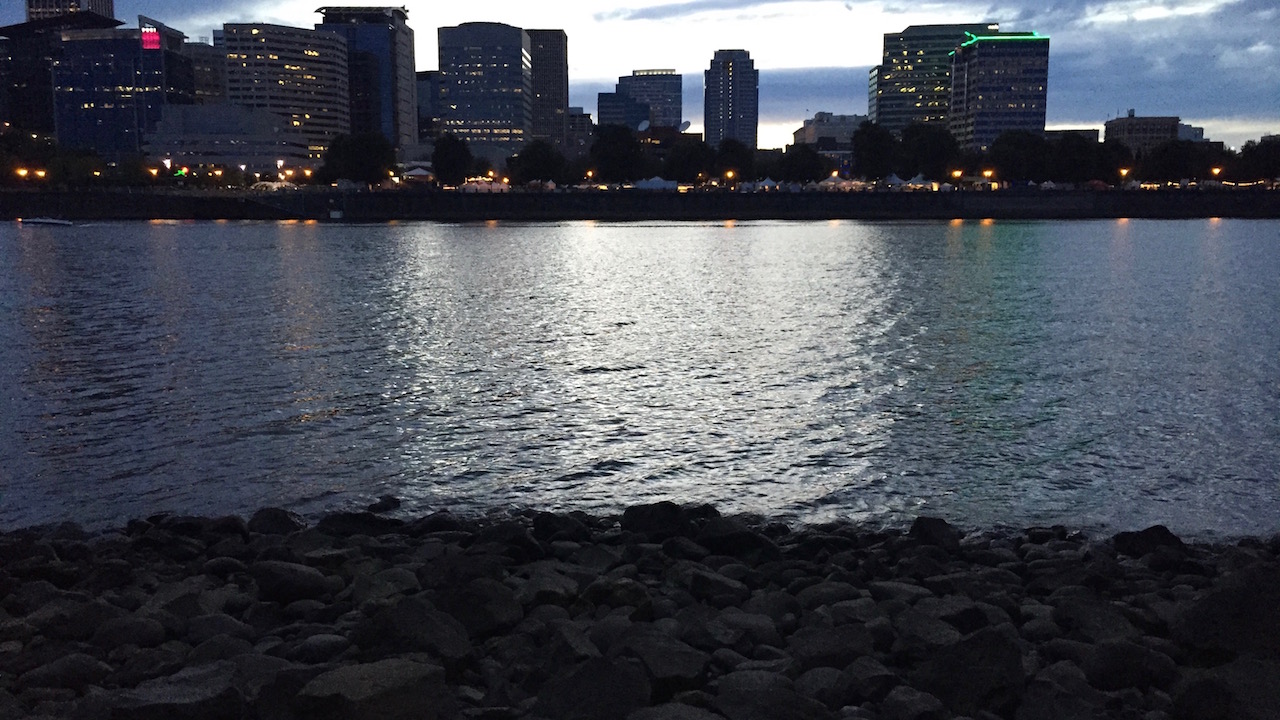
I’ve thought of myself as a socialist for some time, and have gotten pushback, for good reasons; there have been egregious failures among humanity’s economic social experiments. But I don’t believe in social experiments, and I don’t believe in sudden bloody revolution, whatever my sympathies to Marxist writing. I believe in slow revolutions
"On Socialism", continued -
Thanksgiving
I walked to a park to write this. The wind and the cold require me to write in heavy strokes to keep the ink flowing; the ink casts a shadow on the page before it dries. Today is as I imagined it. Solitary, but connected. Looking forward and back to more direct connection, and celebrating the connection inherent in community celebration. A family has their dinner set up in the pavilion, and a homeless man yells for a while in a Tom Waits preacher voice. A couple walks by, and with the sun at their backs creating shadow cowls, I thought they were a pair of nuns.
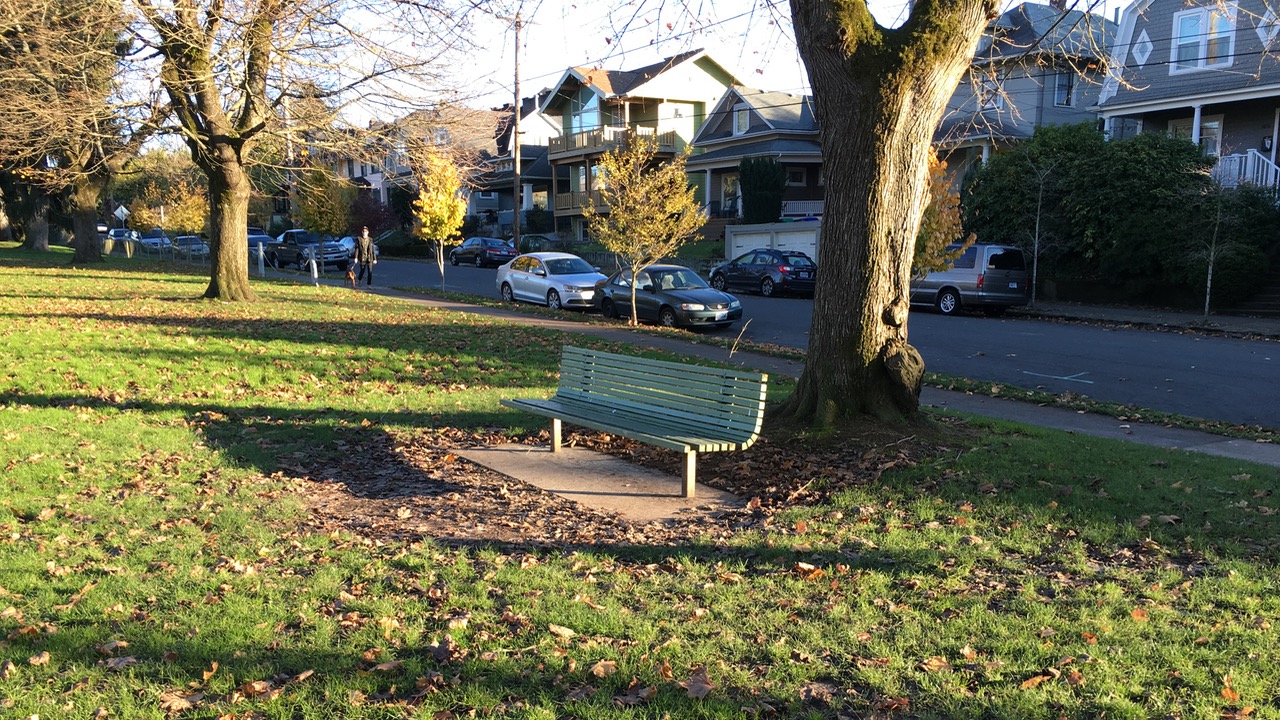
Thanksgiving Day tends to center around family, and I’m glad it does. Friendsgiving isn’t new, but it’s in style this year, and in some ways it’s a better celebration; family is the idea of embracing, and there’s more to give than thanks.
"Thanksgiving", continued -
Goose Summer
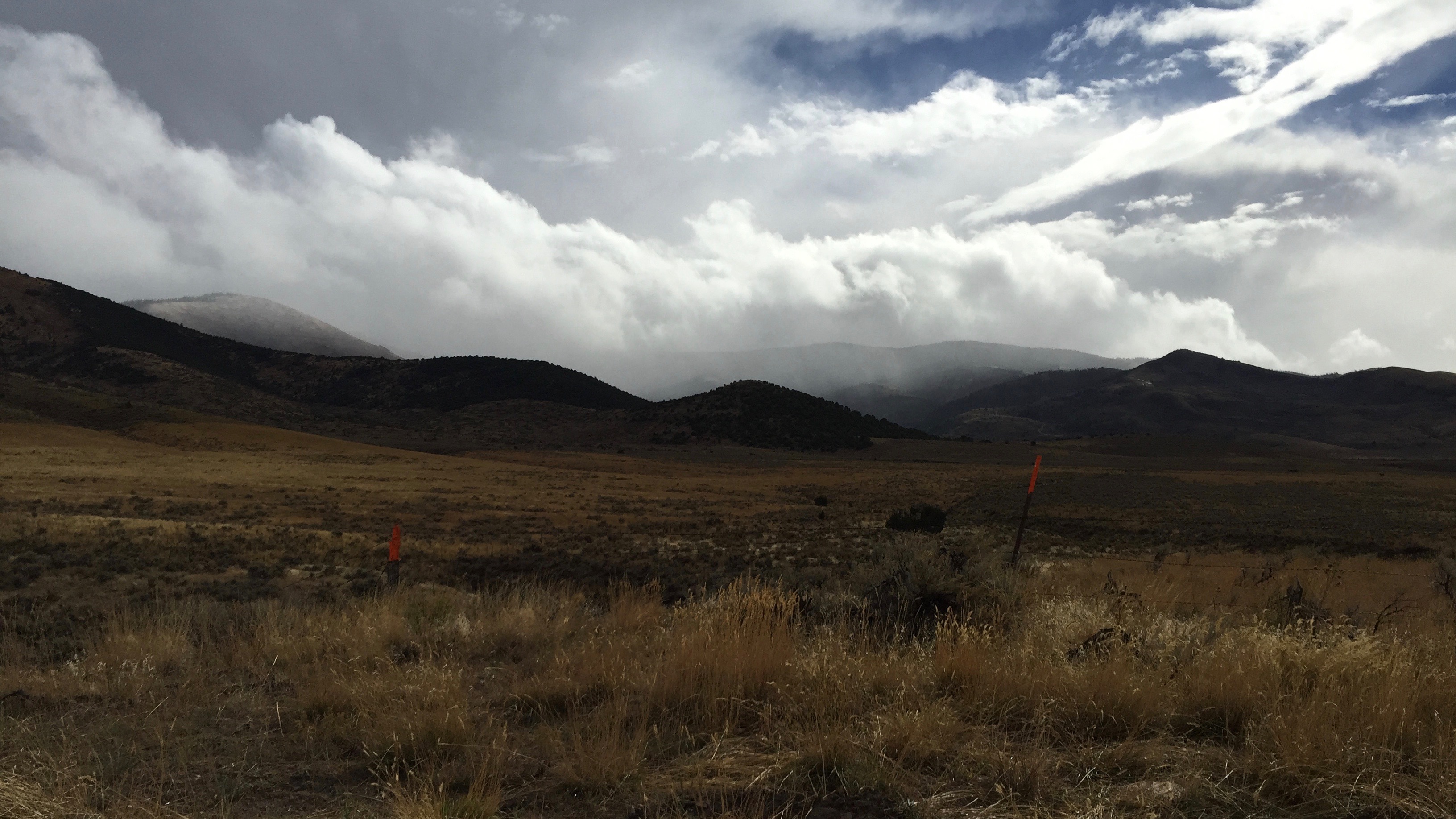
Nostalgia represents loss of the past, but it’s also loss in itself. The feeling, like a memory but more compact, is instantaneous and then gone. I’m left grasping, trying to expand the feeling into an actual memory, something to hold on to.
"Goose Summer", continued -
Kansas
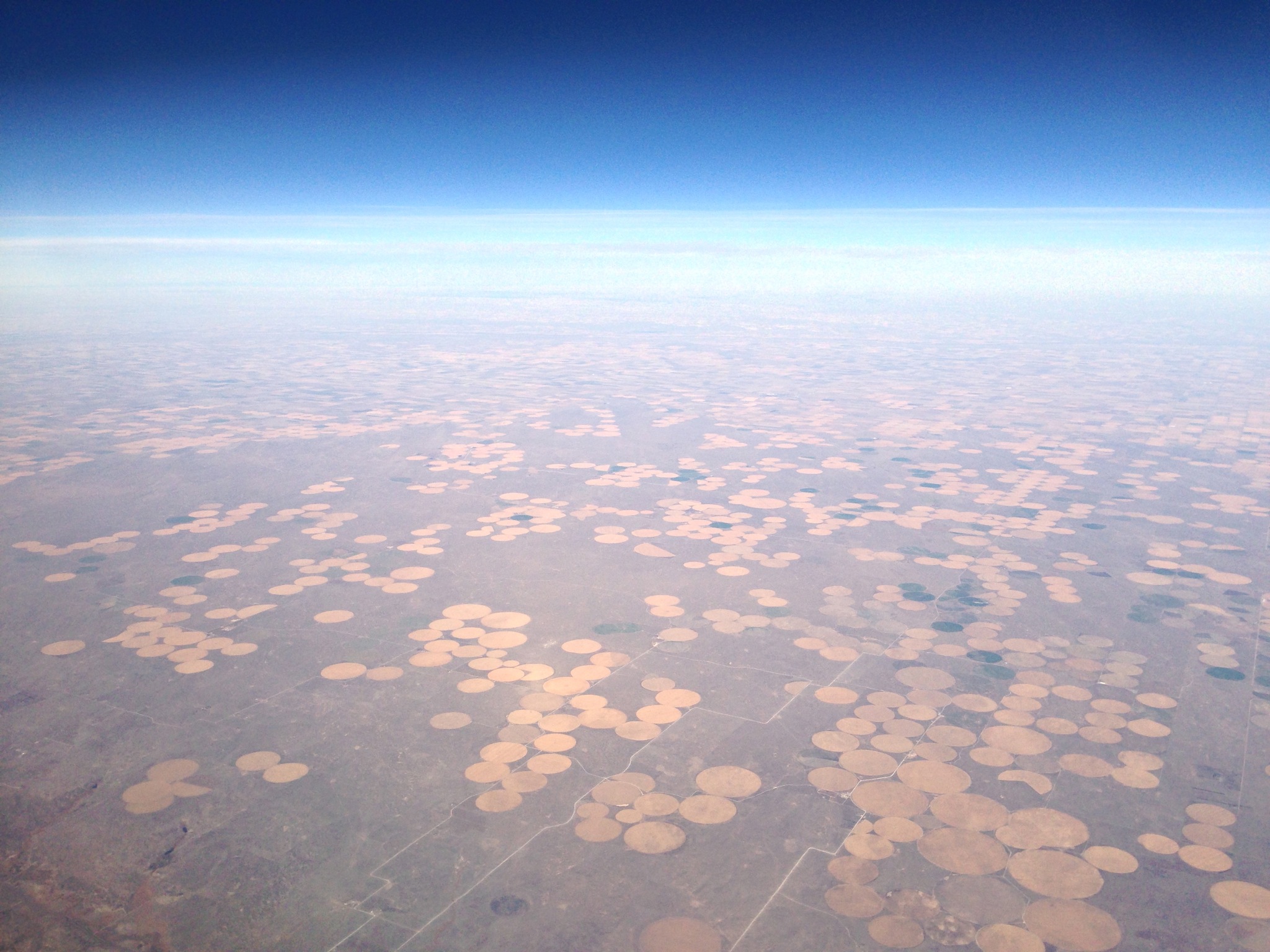
Flying over Kansas. The circles of harvested crops congregate like clusters of terrestrial clouds. A shallow reservoir interrupts a sad little stream, and it must look to me the way my writing looks to the universe or the gods, whichever is looking.
"Kansas", continued -
Something New
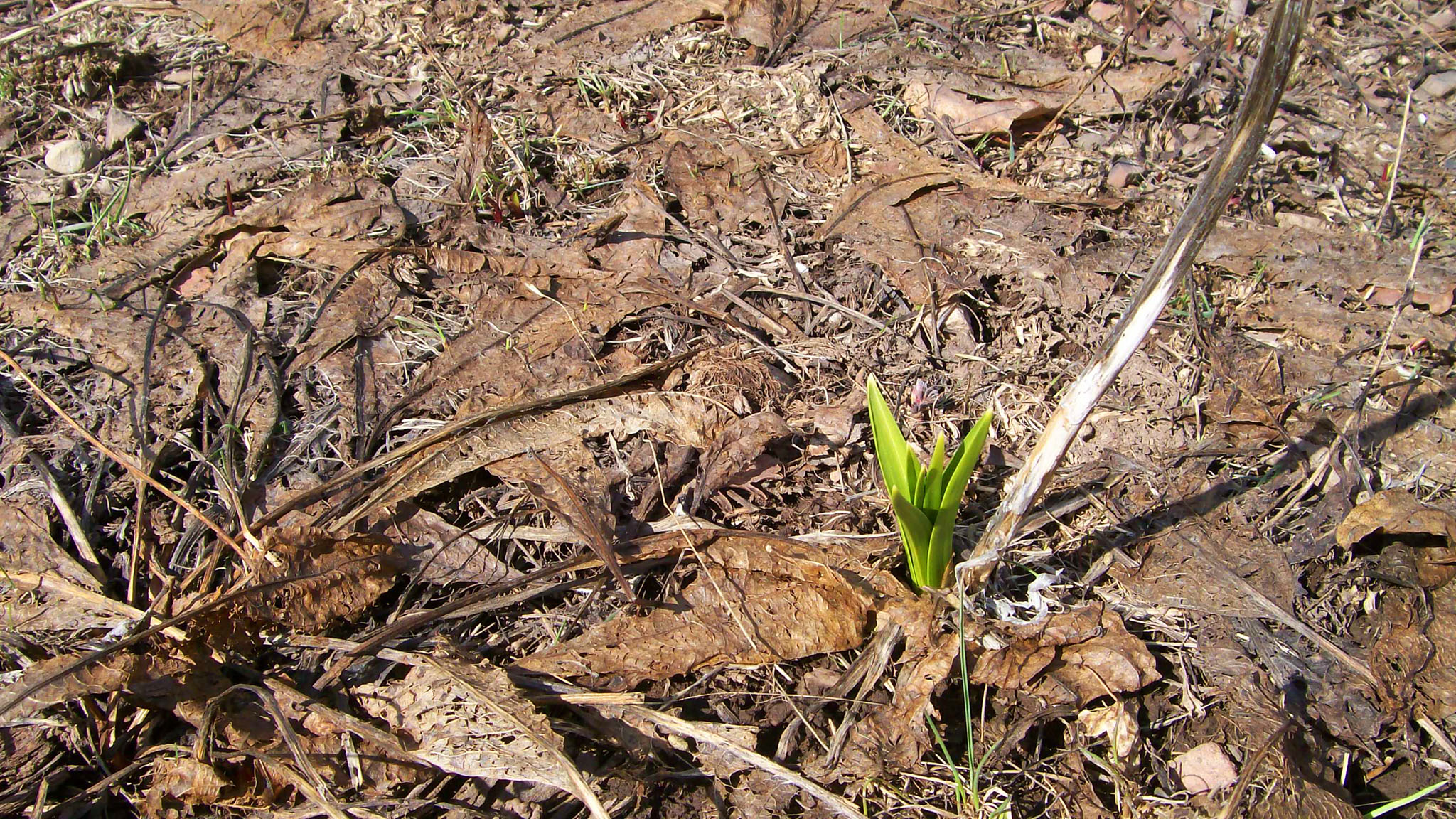
I know that it is unlikely that I will ever write anything totally new. Most of what I write is novel to me, and synthesized by me, which is why I find it worth recording at all, but there have been uncounted generations far more intelligent who have surely at some point beat me to the ideas.
"Something New", continued -
Name, Rank, and Serial Number
People who like to read literature, when they talk, like to talk about who they read at least as much as what they read. The what is why we read, but the who, all of them, are woven into our conversations like trophies.
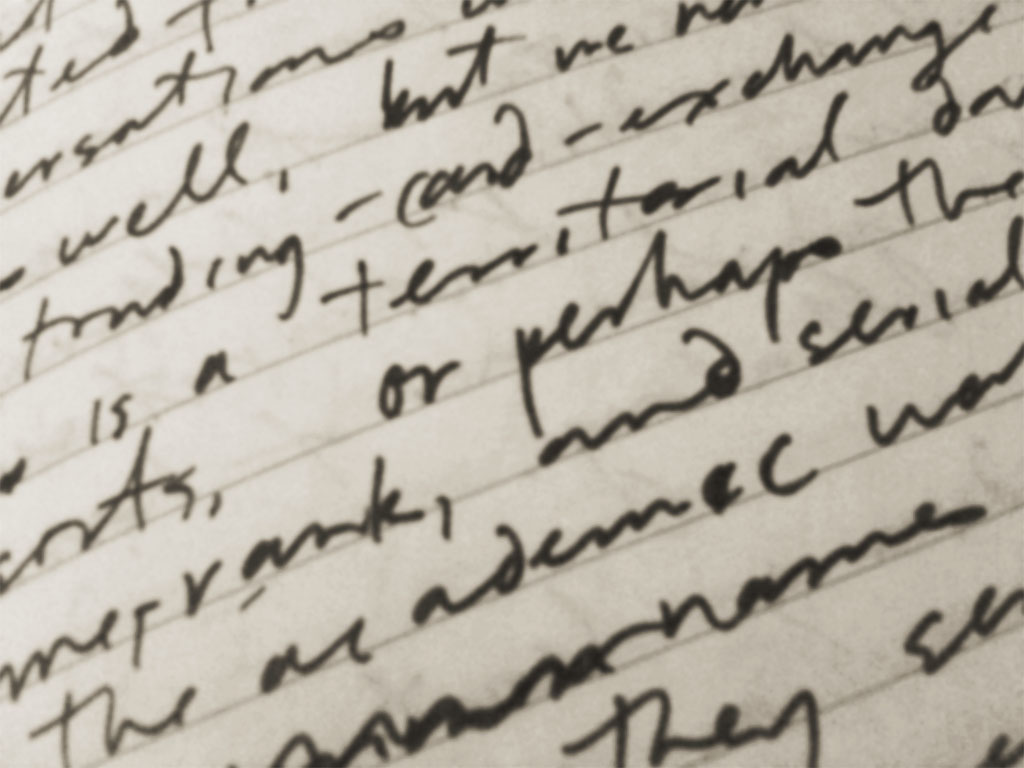
We could just talk about the ideas separated from the names, and the conversations would function just as as well, but we never do. The trading-card exchange of names is a territorial dance of sorts
"Name, Rank, and Serial Number", continued -
Youth: Then vs. Now
We degenerate into hideous puppets, haunted by the memory of the passions of which we were too much afraid, and the exquisite temptations that we had not the courage to yield to. Youth! Youth! There is absolutely nothing in the world but youth!1
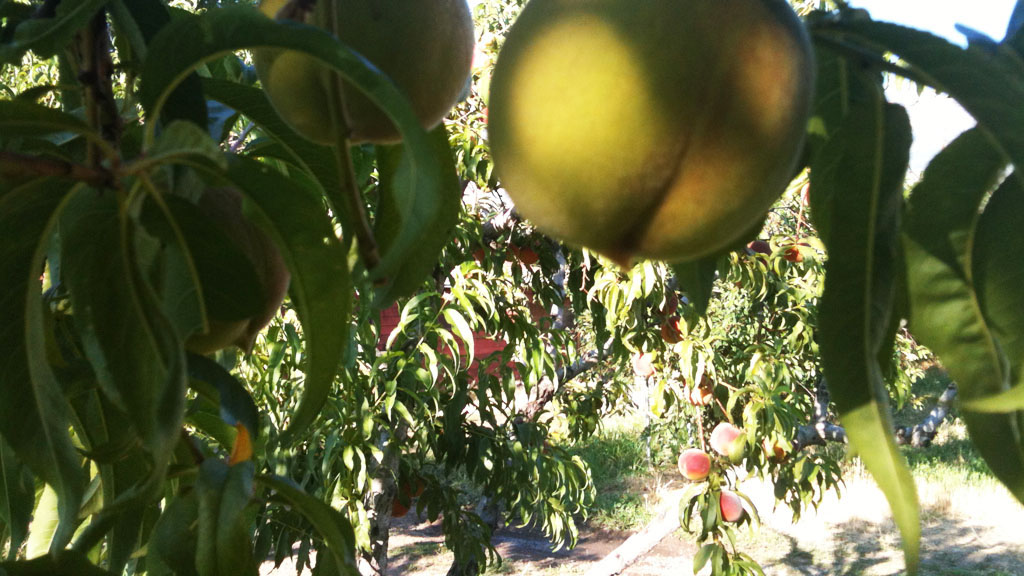
Why would religion preach against youthful indulgence? Perhaps because abstinence has given a few the impression of a quietly happy or satisfactory life—I can’t begrudge them that. I also don’t deny that indulgence often leads to excess and extremes, which are dangerous, if still useful.
-
Oscar Wilde, The Picture of Dorian Gray (Three Sirens Press, New York, 1931), 34 ↩︎
"Youth: Then vs. Now", continued -
-
Oceans & Albums
The first time I saw the ocean, she owned me. It was an encounter bigger than the moment, bigger than the steps that had led me, by way of a marriage altar, to that rocky Washington coast. Much bigger than any of the pictures, narrations, or melodies that had previously been, to me, the ocean. Its dimensions threatened my cognitive abilities and exhausted my mind in its efforts to take it all in. It was like looking into a great box, one that I couldn’t see far enough into, whose sides and top I could never hope to see, whose corners I was certain hid secrets I needed to know.
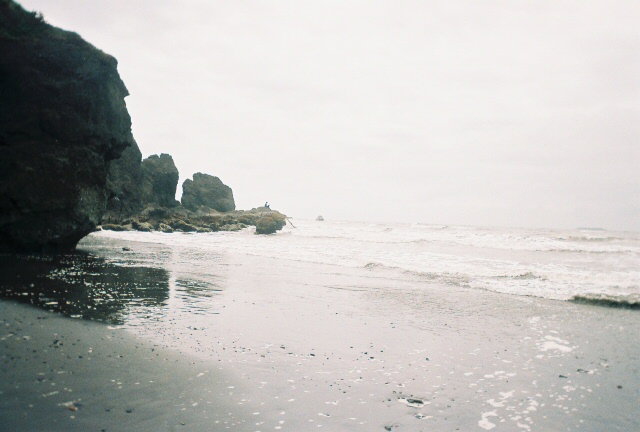
I understood, then, why all the paintings, stories, and songs existed; I knew then that humanity has, for millennia, looked at this body as we now look at the deep reaches of space. I have since breathed the salty air from several locations, and have come to see
"Oceans & Albums", continued -
Goddess of Knowledge
As I write I am witnessing, first-hand, the transit of Venus across the sun. It isn’t very often that a person can truly learn something new, and know that it is true when before it had only been believed. I now know that there exists a solid body between the Earth and the Sun.
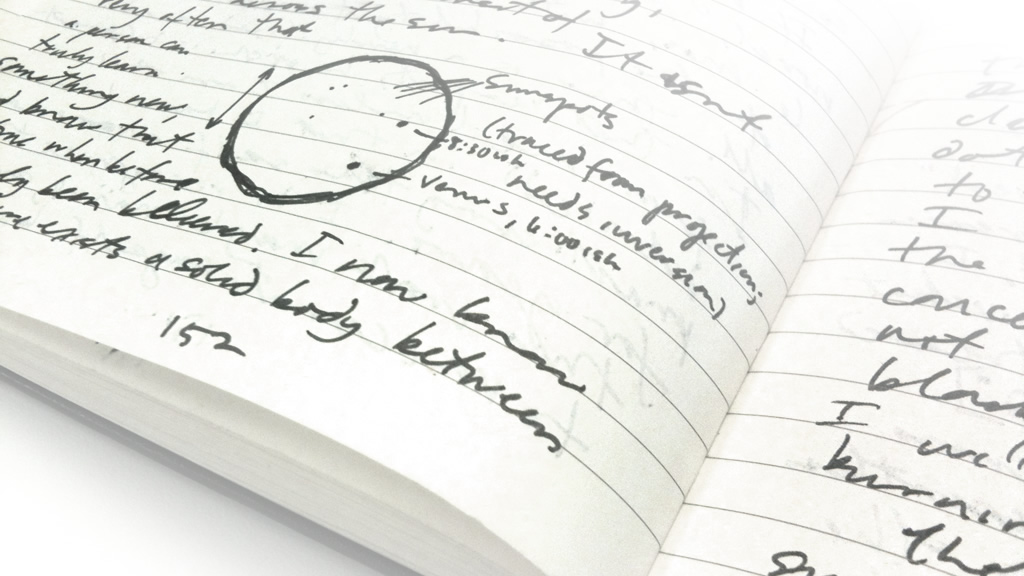
Or do I? What have I really learned here? What do I know now that I didn’t before? It isn’t a new question. Humanity has been wondering what it means to know something since nearly as long as we have known how to write down what we know.
"Goddess of Knowledge", continued